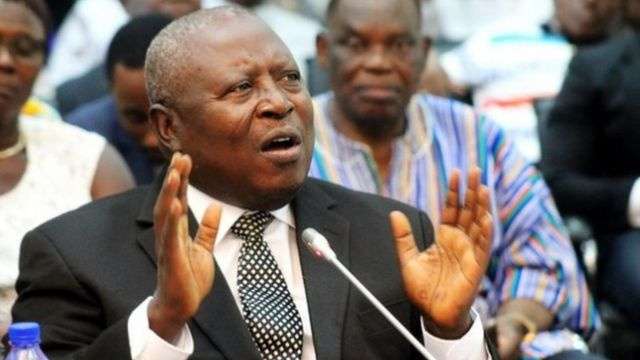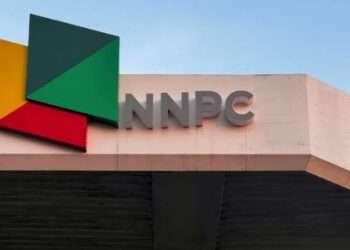A fierce political storm is brewing over the Council of State as former Special Prosecutor Martin Amidu has launched a stinging critique of Professor Henry Kwasi Prempeh, the Chairman of the Constitutional Review Committee (CRC).
In a strongly worded statement, Amidu, a founding member of the ruling National Democratic Congress (NDC), accused Prof Prempeh of hypocrisy, selective criticism, and hidden motives aimed at undermining the NDC government.
“John Dramani Mahama’s NDC assumed power on 7 January 2025 from Akufo-Addo’s NPP which openly and knowingly raped the constitution without protest, [yet] Kwasi Prempeh now sees his suggestions as endemic sins of the Council of State. This is what is called double speak!”
Martin Amidu
He described Prof Prempeh’s calls for constitutional reforms as part of a “covert attempt to prepare the minds of citizens” for amendments to key constitutional provisions — particularly Chapter 9, which governs the Council of State, and potentially even Chapter 8, which includes entrenched clauses that require a national referendum to change.
Amidu did not buying Prempeh’s sudden interest in structural reform. Instead, he framed it as politically motivated and dangerous to the stability of the current NDC-led government.

He further reminded the public of Prempeh’s acceptance of a seat on the Law Reform Commission during the Akufo-Addo era — a role he accepted without objection to the same appointment mechanisms he now condemns. To Amidu, this reeks of political convenience and selective memory.
At the center of this unfolding drama is the Council of State, a constitutional advisory body that has long been criticized for its perceived redundancy or lack of teeth.
Prof Prempeh, in his recent public statements, described the council as plagued by “structural flaws” and “excessive presidential influence,” which he believes justify a complete overhaul. Amidu, however, sees these critiques as disingenuous.
NDC Warned Against Political Missteps Amid Proposed Council of State Reforms
Furthermore, Martin Amidu accused civil society institutions like the Centre for Democratic Development-Ghana (CDD-Ghana) — where Prof Prempeh serves as Executive Director — and the Institute of Economic Affairs (IEA), of fronting a “geopolitical agenda.”
He asserted that these groups are not neutral actors but rather partisan bodies working to weaken the NDC’s political base before the 2028 general elections.

“The NDC has chosen to utilize the four-year term of President John Dramani Mahama to sup with the devil by appointing Henry Prempeh of the CDD-Ghana to chair its CRC. I only pray that the NDC has a long spoon.”
Martin Amidu
Amidu’s distrust is not limited to individuals but extends to institutions, especially those who are framing the conversation around constitutional review.
Accordingly, he warned that allowing someone with Prempeh’s ideological leanings to lead the review process may backfire. By doing so, he says, the NDC may be handing its political opponents the tools to dismantle the very foundations it stands on.
According to Amidu, the focus should not be on altering the Council of State or the Constitution itself. “The problem is with We the People, particularly the educated and enlightened political elite.”

Amidu believes that reforms championed by individuals who were complicit or silent during the previous administration’s infractions should be taken with a heavy dose of skepticism.
His criticism highlights a broader concern about who gets to lead reform conversations in Ghana — and whether they do so in the national interest or for political maneuvering.
His warning to the NDC is clear and pointed. Prof Prempeh’s recommendations for structural change may appear well-meaning on the surface, but Amidu sees them as ideological Trojan horses.
He warned that the Mahama administration may come to regret placing such a powerful review process in the hands he believes are historically unfriendly to the party.
In a parting shot, Amidu references a looming political future, cautioning: “As the 2028 elections beckon, one should remember that history may not repeat itself, but it rhymes.”
Amidu’s message is more than a partisan jab — it is a clarion call for political vigilance.
With the Council of State now in the crosshairs of proposed constitutional amendments, he is urging the NDC and the broader public to remain alert to the motivations behind the reforms and to question who stands to benefit most from them.
READ ALSO: Rex Omar Claims He Never Expected Current Position



















